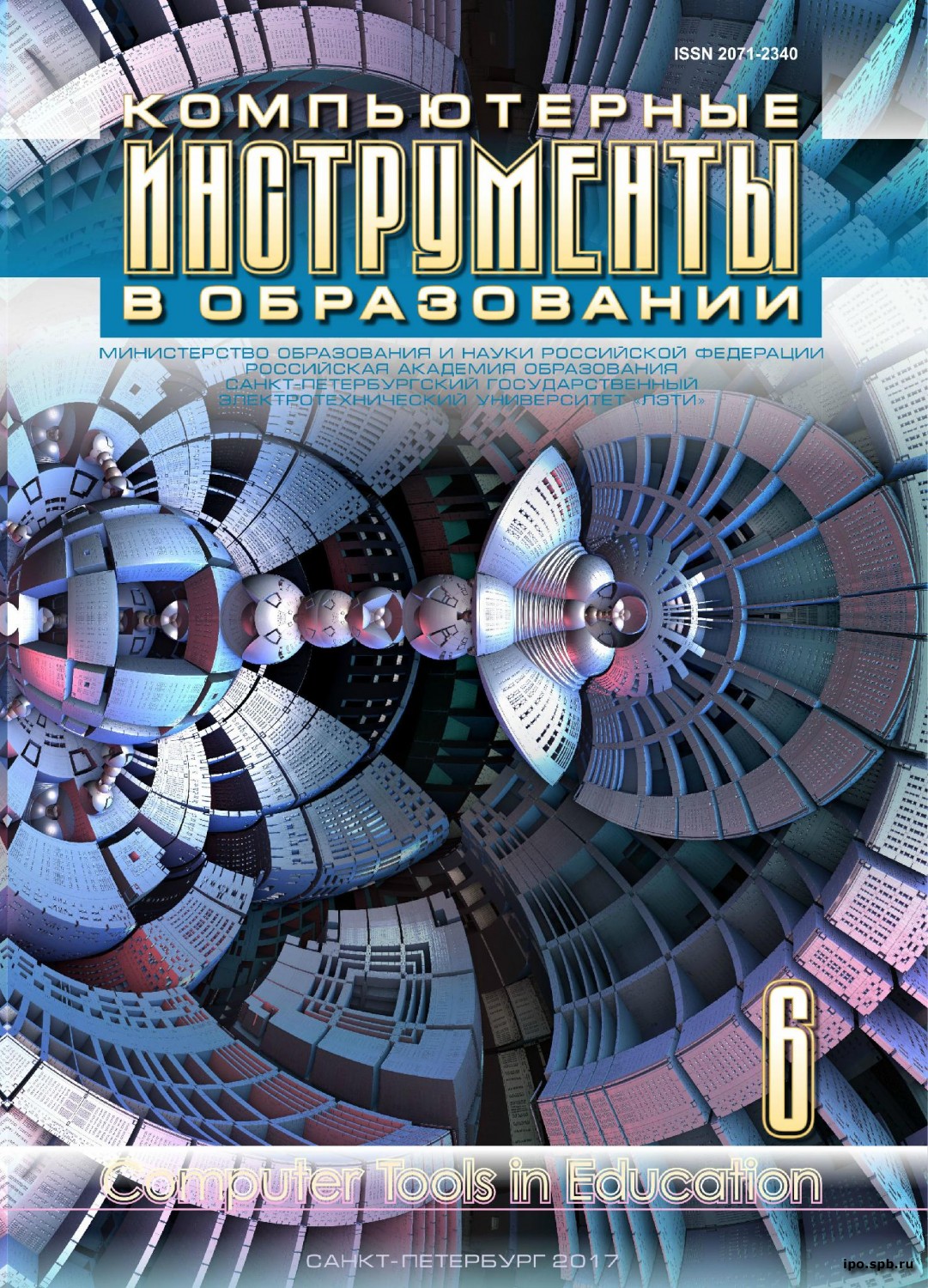Технологическая сингулярность в контексте теории метасистемных переходов
Аннотация
Идея технологической сингулярности проистекает из экстраполяций эмпирических кривых ускорения технического развития. Нередко, однако, из этих ненадежных экстраполяций делаются далеко идущие следствия, которые подвергаются активной критике, и эта критика некорректно переносится на саму концепцию технологической сингулярности. В статье делается попытка отделить данную концепцию от дополнительных предположений и убеждений, в частности, касательно возможности создания искусственного интеллекта, а также выделить ряд заблуждений. Для этих целей привлекается теория метасистемных переходов, и технологическая сингулярность определяется как точка, в которой ранее наблюдаемые закономерности уменьшения времени между метасистемными переходами и уменьшения времени удвоения производительности кибернетических систем внутри одного уровня перестают выполняться. Указывается, что до достижения этой точки, вероятно, успеет произойти ряд метасистемных переходов, и возникшие системы будут показывать экспоненциальный рост с периодом удвоения менее полугода и превысят сложность существующих систем в течение нескольких десятилетий.
Литература
2. Garis, H. How Will the Artilect War Start? In The End of the Beginning. Life, Society and Economy on the Brink of the Singularity, Goertzel, B., Goertzel, T. (Eds.), 2015; ISBN: 0692457666.
3. Wikipedia: Technological Singularity. Available online: https://en.wikipedia.org/wiki/Technological_singularity (accessed on 22 February 2018).
4. Vinge, V. The Coming Technological Singularity: How to Survive in the Post-Human Era. Vision-21: Interdisciplinary Science and Engineering in the Era of Cyberspace, 1993, pp. 11–22.
5. Braga, A.; Logan, R.K. The Emperor of Strong AI is Naked: Limits to Artificial Intelligence. Computers. 2018.
6. Heylighen, F. Return to Eden? Promises and Perils on the Road to Global Superintelligence. In The End of the Beginning. Life, Society and Economy on the Brink of the Singularity, Goertzel, B., Goertzel, T. (Eds.), 2015; ISBN: 0692457666.
7. Турчин, В.Ф. Феномен науки: кибернетический подход к эволюции / В.Ф. Турчин. 2-е изд. М.: ЭТС, 2000. 368 с. [Turchin, V.F. The Phenomenon of Science: A Cybernetic Approach to Human Evolution, 1st ed.; Columbia University Press: NY, 1977; 348 p. ISBN: 978-0231039833.]
8. Heylighen, F. (Meta)systems as Constraints on Variation: a classification and natural history of metasystem transitions. World Futures: the Journal of General Evolution. 1995, vol. 45, pp. 59-85.
9. Wikipedia: Universal Evolution. Available online: https://en.wikipedia.org/wiki/Universal_evolution (accessed on 22 February 2018).
10. Moravec, H. When will computer hardware match the human brain? Journal of Transhumanism, vol. 1, 1998.
11. Bostrom, N. How Long Before Superintelligence? Linguistic and Philosophical Investigations, 2006, vol. 5, no. 1, pp. 11-30.
12. Baum, S., Goertzel, B., Goertzel, T. How long until human-level AI? Results from an expert assessment. Technological Forecasting and Social Change. 2011, vol. 78, iss. 1, pp. 185-195.
13. Grace, K., et al. When Will AI Exceed Human Performance? Evidence from AI Experts. arXiv:1705.08807. 2017.
14. Goertzel, T., Goertzel, B. Predicting the Age of Post-Human Intelligences. In The End of the Beginning. Life, Society and Economy on the Brink of the Singularity, Goertzel, B., Goertzel, T. (Eds.), 2015; ISBN: 0692457666.
15. Vidal, C. Distributing Cognition: From Local Brains to the Global Brain. In The End of the Beginning. Life, Society and Economy on the Brink of the Singularity, Goertzel, B., Goertzel, T. (Eds.), 2015; ISBN: 0692457666.
16. Smolin, L. The status of cosmological natural selection. arXiv:hep-th/0612185. 2006.
17. Susskind, L. The Cosmic Landscape: String Theory and the Illusion of Intelligent Design, 1st ed.; Little, Brown. 2005. ISBN: 978-0316155793.
18. Grey, A. The Singularity and the Methuselarity: Similarities and Differences. In The End of the Beginning. Life, Society and Economy on the Brink of the Singularity, Goertzel, B., Goertzel, T. (Eds.), 2015; ISBN: 0692457666.
19. Muehlhauser, L., Salamon, A. Intelligence Explosion: Evidence and Import. In Singularity Hypotheses: A Scientific and Philosophical Assessment; Eden, A.H., Moor, J.H., Soraker, J.H., Steinhart, E. (Eds.); Springer, 2012; pp. 15–42, ISBN: 978-3642325601.
20. Loosemore, R., Goertzel, B. Why an Intelligence Explosion is Probable. In Singularity Hypotheses: A Scientific and Philosophical Assessment; Eden, A.H., Moor, J.H., Soraker, J.H., Steinhart, E. (Eds.); Springer, 2012; pp. 83–98, ISBN: 978-3642325601.
21. Schmidhuber, J. Formal Theory of Creativity, Fun, and Intrinsic Motivation (1990–2010). IEEE Transactions on Autonomous Mental Development, 2010, vol. 2, iss. 3, pp. 230–247.
Материал публикуется под лицензией:








